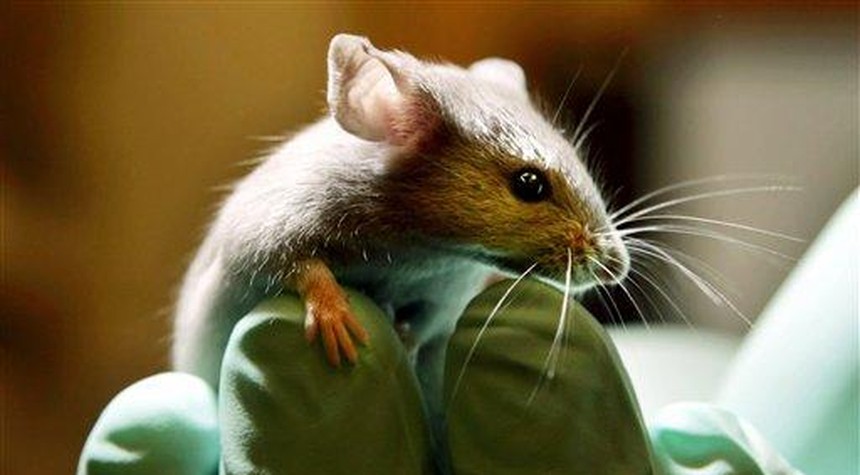
This might seem like a bad idea – even a catastrophic, apocalyptic, unfathomably incompetent idea – but to The Experts™ we are trained to trust at the U.S. Department of Agriculture, they totally got this.
Via Science (emphasis added):
Virologist Robert Cross’s lab is equipped to handle some of the world’s most dangerous viruses. At the Galveston National Laboratory he has worked with guinea pigs infected with Ebola virus and macaques carrying Lassa fever. What it can’t accommodate are pigs, which are common carriers of the deadly Nipah virus. “We’re not really geared to handle large animals,” says Cross, who wears a pressurized biosafety suit for his studies. “You can’t just pick them up when you’re wearing these space suits.
This might come off as a small gripe, but whatever. Opening a story about a biolab that very possibly could at some point in the future — under the sage leadership of government scientists funded by giant pharmaceutical firms that profit off of pandemics — wipe out North American livestock with the personalizing short bio of one of the virologists to humanize him doesn’t pass the smell test.
Continuing:
That’s one reason why Cross is welcoming tomorrow’s ceremonial opening of a massive new high-security laboratory in Kansas, the first in the United States designed with pens and equipment such as cranes to move big animals tainted with the most hazardous infectious agents, including Nipah virus. Although active research won’t begin at the National Bio and Agro-Defense Facility (NBAF) in Manhattan for several years, Cross predicts that “a high containment resource to deal with agriculturally important pathogens … is going to change the [research] landscape.”
The laboratory, which will be operated by the U.S. Department of Agriculture, has taken nearly a decade longer to complete than planned and, at $1.25 billion, cost nearly three times as much as first predicted. It is also controversial. Although many researchers and powerful Kansas politicians have supported the project, some scientists, Manhattan residents, and farm groups have voiced concerns about handling pathogens dangerous to livestock and humans in the nation’s agricultural heartland. If a highly contagious animal disease escaped the lab, “it would just shut down commerce,” says Larry Kendig, a board member of the Kansas Cattlemen’s Association.
It’s funny that Science points here to the Kansas Cattlemen’s Association’s opposition to this thing as if it’s a lobby with enough teeth to override the whims of larger, more powerful industries with many more billions to bribe politicians with at their disposal.
NBAF has equipment and rooms designed to handle large animals such as cows and pigs, enabling scientists to study diseases that are off-limits at Plum Island. That includes Crimean-Congo hemorrhagic fever, Japanese encephalitis, and Nipah, a virus carried by fruit bats that can sicken pigs and people, killing between 40% and 75% of human patients. The routes of infection are mysterious. “We don’t really understand what happens out on the farm in Asia where pigs are serving as amplifiers and spreading [the virus] to humans,” says Lisa Hensley, an epidemiologist and virologist who heads the NBAF unit that will conduct research on zoonotic and emerging diseases.
What else can be said about this? The only government that would not just allow this but actively participate is one with a nihilistic death wish for the population it controls.
https://pjmedia.com/news-and-politics/benbartee/2023/05/29/government-science-opens-new-biolab-studying-animal-pathogens-in-middle-of-kansas-n1699012

No comments:
Post a Comment